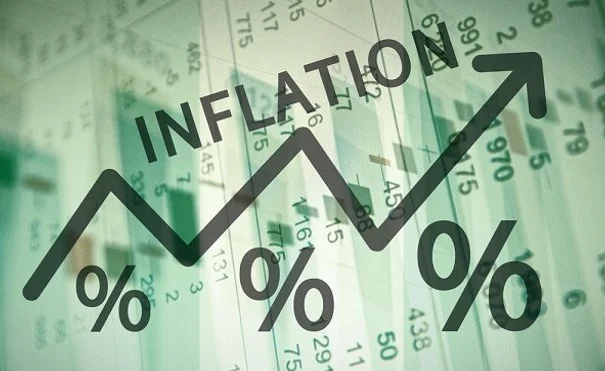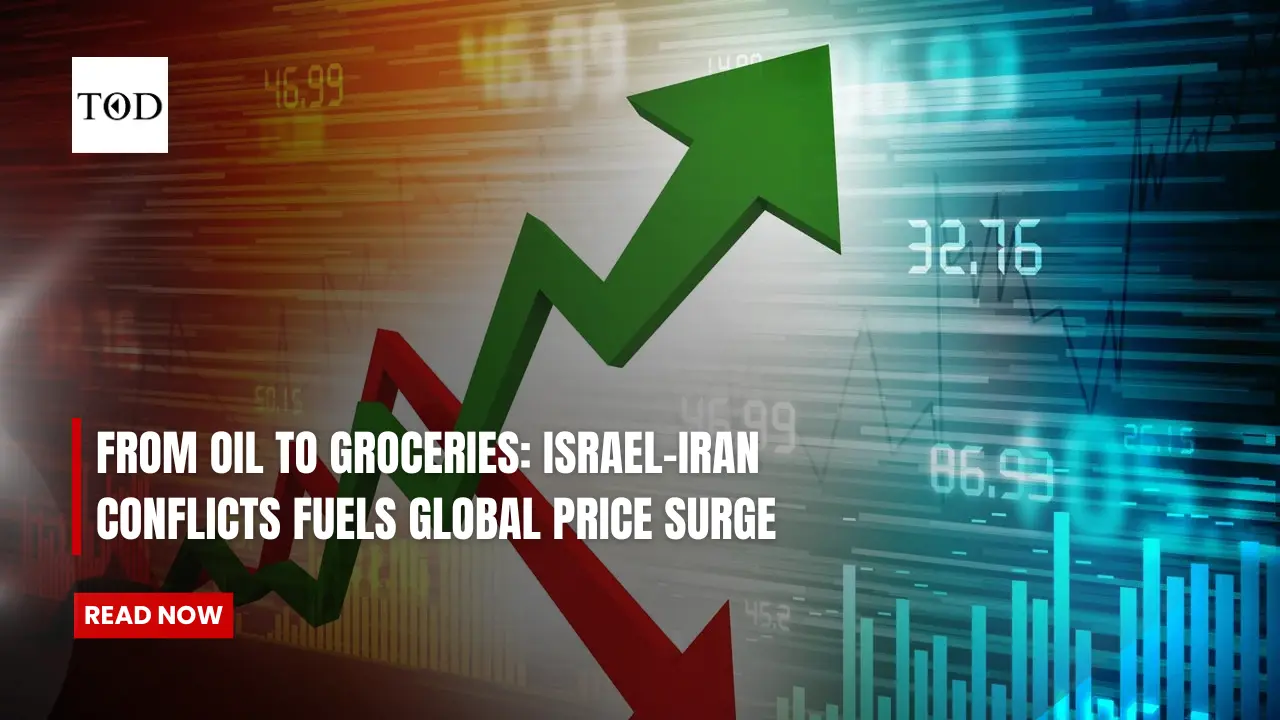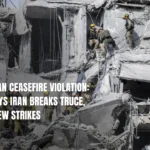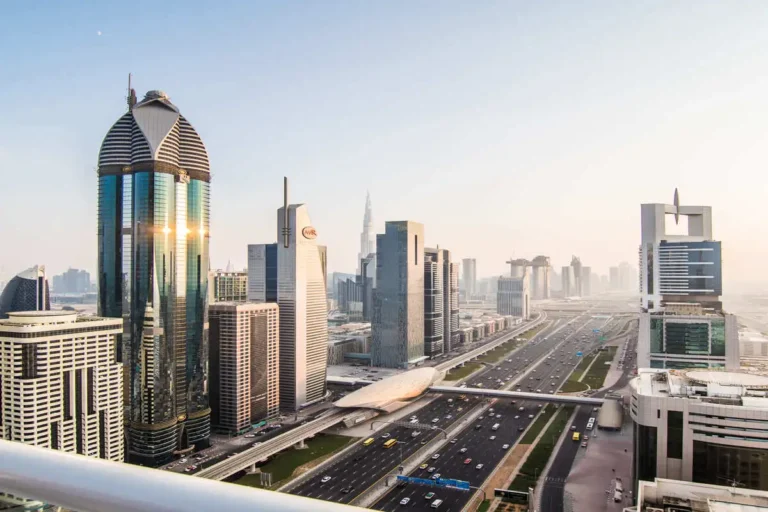June 25, 2025 | Dubai, UAE: Worldwide Financial analysts are predicting upward pressure on prices all over the food, fuel, and household items like the Israel-Iran conflict intensifies swiftly, with ripple effects hitting international supply corridors.
Oil Trade Disrupted Amid Escalating Middle East Conflict
The Israel-Iran conflict has already interrupted global oceanic logistics networks and increased the chance of broader regional turbulence across the Middle East. As Oil tankers adjust maritime paths and slow global shipping faces delays, the global trade impact is emerging throughout various sectors worldwide. From energy to agriculture, global markets all the over the continents are responding with volatility to the unfolding crisis.

This week alone, Oil prices hiked by over 8% amid intensifying fears that worsening Israel-Iran conflict could choke off vital oil supplies from the Gulf. Iran is considered one of the world’s largest oil producers. It has signalled a restriction on oil delivery through the Strait of Hormuz, carrying approximately one-fifth of the world’s crude oil. The move would deepen the global trade impact, especially oil-importing nations reliant on oil from the Middle East.
Skyrocketing Fuel Prices Threaten Global Recovery
Worldwide transport and production systems are already sensing the impact of the energy price shock, with oil prices hiking rapidly all over Europe and Asia, putting economic tension on shipping operators, logistics providers, and manufacturing facilities alike. This has led to price hikes not just at the fuel pump, but consumers are also facing a broader range of daily goods that depend on multinational shipping. This Israel-Iran conflict has propelled a surge of global trade impact, raising expenses from import terminals to retail shelves.
The Israel-Iran conflict threatens the food sector, which means a significant grain path through the Red Sea and Suez Canal. The Gulf joins the key exporters like Ukraine and Russia with markets in Asia and Africa.

The premiums of shipping insurance have doubled since last week, and maritime traffic is increasingly moving towards the Cape of Good Hope path, prolonging delivery schedules and inflating transport costs. The global trade impact is particularly hitting hardest in grain-importing nations where food prices are already soaring due to extreme climate and crop failures.
Widespread Production Delays Deepen Price Pressures On Households
Household goods and electronics haven’t escaped the fallout. The Israel-Iran conflict causes port shutdowns and customs slowdowns, delaying critical components required for products ranging from appliances to mobile devices. Factories depending on just-in-time production are now experiencing raw material shortages, resembling a broad range of global trade impacts increasing through supply chains to retail markets.
Governments worldwide are scrambling to mitigate the financial shocks. Many are eyeing the release of strategic fuel reserves and securing new food import agreements to blunt the global trade impact. Still, analysts warn that these stopgap solutions may provide only temporary relief if the Israel-Iran conflict persists beyond mid-2025.

In addition to pressures on energy and agriculture, international consumer goods manufacturers warn that, unless the Israel-Iran conflict stabilizes soon, price hikes are inevitable. Redirected shipping, rising freight charges, and restricted port access in the Middle East are tightening margins and pushing businesses to pass costs directly to consumers. Consequently, the global trade impact is becoming a tangible strain on daily living costs.
As the Israel-Iran conflict persists to escalates without relief, intensifying its economic repercussions by the day. A once-localized crisis is now transformed into a widespread disruption to global trade, reverberating all over supply chains and sectors worldwide. The Israel-Iran conflict is no longer just a geopolitical flash point, its shockwaves are driving forces behind rising living costs across the globe.
Also Read: Israel-Iran Ceasefire Violation: Israel says Iran Breaks Truce, Orders New Strikes














